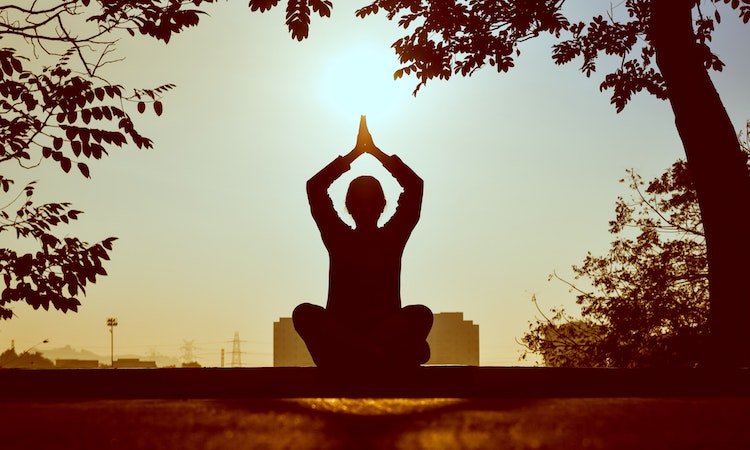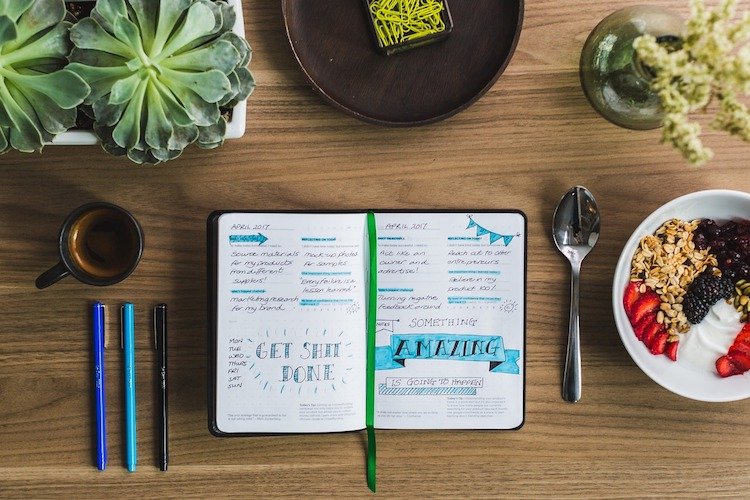From kundalini to loving-kindness, meditation styles can be very personal. Ed Gould looks at seven factors such as duration, location and frequency of meditation, which may affect your personal practice, to help you choose the right meditation type for you.
Discovering a personal meditation style might take a while, but the benefits are definitely worth it. Indeed, developing one's personal meditation style rarely comes immediately. Even Buddha, by all accounts a naturally gifted meditator, needed time to develop his technique.
In this article, we'll discuss what influences there are on our meditation practice. We'll also discuss what techniques we can use to enhance individual practices while diminishing those things which detract us. Remember that meditation is a transformative practice – one that affects our brains and consciousness – and it's best to view it as a process rather than a goal in its own right.
At its best, the benefits of meditation can be seen in areas such as concentration, finding clarity and improving emotional well-being. Therefore, finding the meditative route that suits you best is generally quite rewarding. To begin with, let's examine the things that influence our abilities when developing our own personal meditation style.
Factors that influence personal meditation styles
Most of us, if we're honest about it, have plenty of things that influence our personal meditation style. Bear in mind that these can carry both positive and negative influences. Few of us have lives which allow us, for example, to get into a meditative state at the drop of a hat. Each of these fields of influence makes us the sort of practitioner that we are.

Fresh and free: perhaps meditation in nature is your preferred style?
When you're seeking a meditation style that will suit your development, lifestyle and personality best, then it's likely you will need to experiment a little. When doing so, try not to think of there being either a right or a wrong way of doing things. What you should remember, however, is that influences have an impact on you and they will ultimately affect your chosen approach to meditation.
1. Types of meditation
There are many different meditation styles which you might choose to practise. And although experts may recommend one method over another, you'll find one or more that can work particularly well for your process. Conversely, certain meditative styles may not suit you or, more correctly, suit your personal approach to meditation. Many times, beginners start with guided meditation, usually based on a visual narrative.
RELATED: Meditation for beginners: our Top 6 videos
Kundalini and heart-rhythm meditation are both popular styles. Zazen meditation is also quite common – a Zen approach which is self-guided. A high-level form of meditation known as transcendental meditation is also popular. Each style will have an impact on how you go about meditation and it's quite common to experiment with differing approaches.
2. Length of meditation time
According to Hooria Jazaieri, a researcher, teacher and psychotherapist at UC Berkeley, the length of time you meditate will impact on how successful it will be for the individual. She asserts that 10-15 minutes of mindfulness and compassion-based meditation is the right length of time for her style. Research published into how long it took smokers to reduce their intake following meditation sessions found that a mere five hours' worth over a two-week period was enough in the majority of cases.
“When you're seeking a meditation style that will suit your development, lifestyle and personality best, then it's likely you will need to experiment a little.”
Y.Y. Tang, et al. showed that even brief meditation training improved their group's capacity for self-control and lessened their smoking. If you're still unsure as to whether the time you spend meditating has an impact, then consider another study first published in the Journal of Psychiatry Research. The study claims that the density of brain matter in areas associated with memory, stress and empathy can increase following regular 30-minute meditation sessions.
3. Frequency of meditation
Of course, you should also take into account the length of time you meditate for in the context of how frequently you do it. For some, 10 minutes a day is enough and it becomes part of a personal, daily routine. Perhaps longer periods are required if you're less frequent with your sessions.
RELATED: Yes, You Can Meditate Lying Down. Here's How and Why
In fact, there are studies to back this simple idea up. They show that the sample groups that get the most out of meditation are the ones who do it most frequently. A notable example of this sort of research into frequency is one published in the Journal of Positive Psychology following work conducted at Stanford University.

Power of one: some people prefer solo meditation, others group
4. Qualitative considerations
Not all meditation sessions can be described as great successes. Sometimes the quality of the meditation session we have gone through can be stunning and sometimes less so. Usually, there's an outside influence on us which has an impact on the quality of the meditation. You can become distracted by noise or visual stimuli.
Perhaps you started to meditate too soon after being busy with something else. It's also possible you so desired a successful meditation that you couldn't clear your mind as you would have liked.
“Being in a place that you're comfortable in and that's distraction free is an obvious choice for developing your personal meditation style.”
As creatures of habit, humans like to repeat what they've deemed to be 'successful'. But the truth is that it's not always possible to do this with meditation. Acceptance of the 'outcome' of a meditation session is a big part of whether it has been successful or not. Furthermore, no single meditation session should come into judgement based on its own merits. Each one progresses to the next and builds on the previous. So over-scrutiny of qualitative factors may be a detrimental consideration on its own.
5. Meditation settings
Being in a place that you're comfortable in and that's distraction-free is an obvious choice for developing your personal meditation style. The ability to cut out 'mental noise' is often very conducive to meditation. However, you should also consider that busy places can also be fine for meditatively-minded people.
In fact, meditation in schools – not places you might traditionally associate with calmness – has had good results. Try multiple settings to find which place suits your preferred personal meditation style. Remember that a setting is not necessarily a physical location, such as being at home. It might relate to other factors, like the presence of others. Another consideration would be to have a dedicated spot or a useful place which also serves other purposes.
6. Reflection and feedback
Reflection is the key to understanding your own style. It's perhaps unrealistic to immediately know what has made a difference to your meditation right after completing a session.
Therefore, keeping a journal of your reflections about your meditation sessions can be invaluable. Perhaps you feel the same after a session as you did before, but cannot say why. Journaling is the ideal method to use in order to work out what similarities of technique, setting and qualitative considerations there are in common between meditations.

Write it out: journaling your meditation has benefits
Unlike journaling, modern neurofeedback devices provide actual quantitative measurements of brain activity during meditation, and this can be very telling if you're looking for some hard data to work with. According to Tracy Brandmeyer of the Centre for Brain Research and Cognition at Paul Sabatier University in Toulouse, neurofeedback is an aid to meditation which offers the opportunity to use mobile technology in ways that assist all sorts of people.
RELATED: Gratitude meditation: the top 5 benefits and how to practise it
If you meditate in a group or with a mentor, feedback sessions are also a beneficial option. Members of the group or your mentors can discuss what influences your meditation has. They can also help clarify what may work better for you and what might not.
7. Self-optimization and mindfulness
Making meditation a kind of target to be achieved runs contrary to many of the principles it's supposed to engender when practised. Indeed, developing a personal meditation style as a self-optimization goal is the very opposite of self-compassion. As such, striving for it can be counter productive. On the other hand, if you develop your own style along the way to a wider set of meditative purposes, then you may find more success.
Focussing on short-term aspirations about your personal meditation style can also have adverse outcomes. If you have a fragile mental state or are suffering from trauma, then being overly determined to develop your own style may not be the correct path to take. Research conducted by Willoughby Britton at Brown University has already indicated that meditation can have a negative effect on certain people. Remain mindful of what the purpose of meditation is and remember that it's a progression, not an ambition.
Personal meditation types: conclusions
No two people are the same, so no two approaches to meditation will yield the same results. For many people, reflecting on the way they're going about meditating by journaling is beneficial, as is trying new approaches that will help to find a suitably accessible style. Consider all of the options available to you and don't be put off experimenting a little with your chosen personal meditation practice! ●
Main photo: Colorbox.com
Enjoyed this and want to discuss meditation styles with other happiness.com members? Head over to our forum on mindfulness and meditation and join in with the conversation...
Written by Ed Gould
 Ed Gould is a UK-based journalist and freelance writer. He's a practitioner of Reiki.
Ed Gould is a UK-based journalist and freelance writer. He's a practitioner of Reiki.





Join the conversation
You are posting as a guest. If you have an account, sign in now to post with your account.
There are no comments to display.